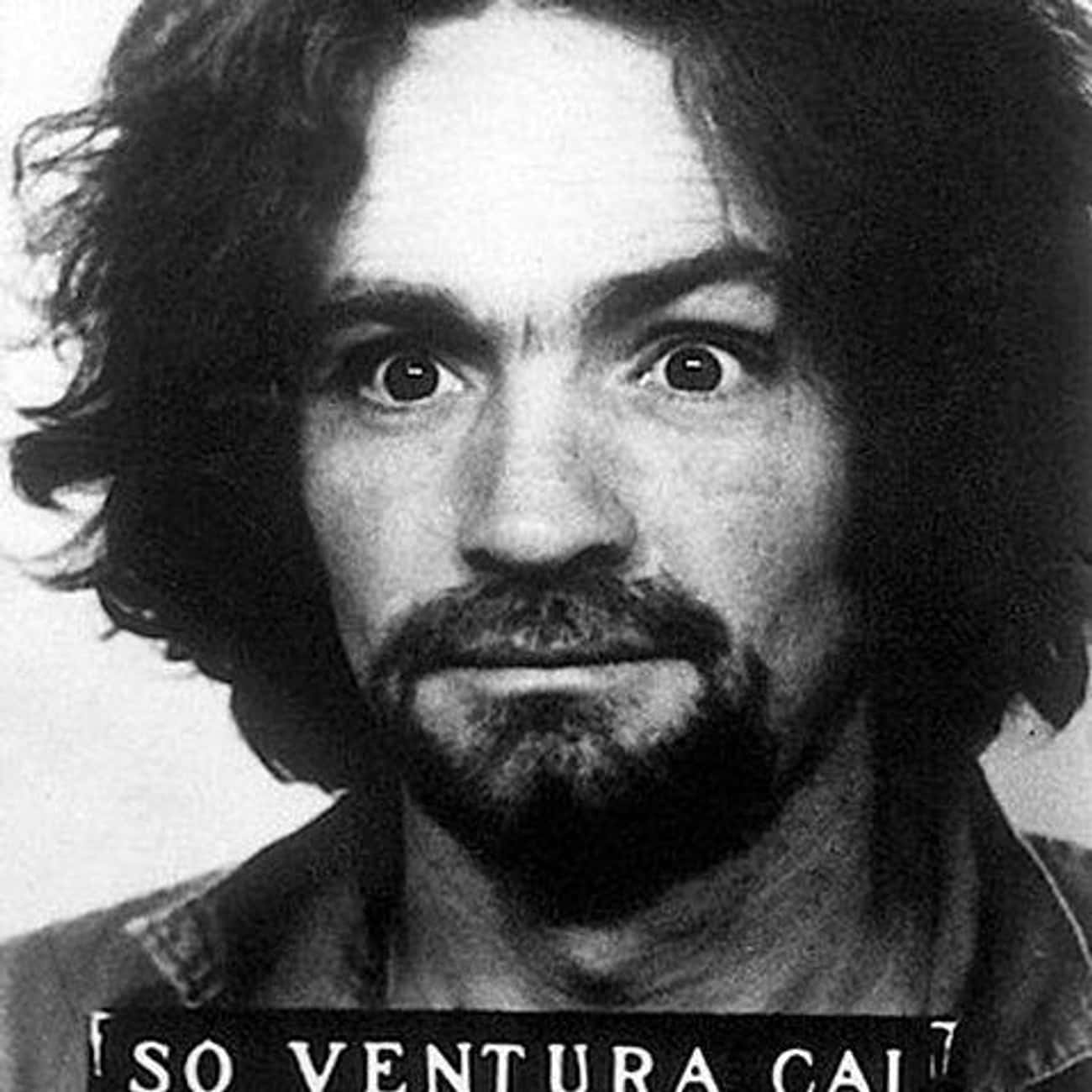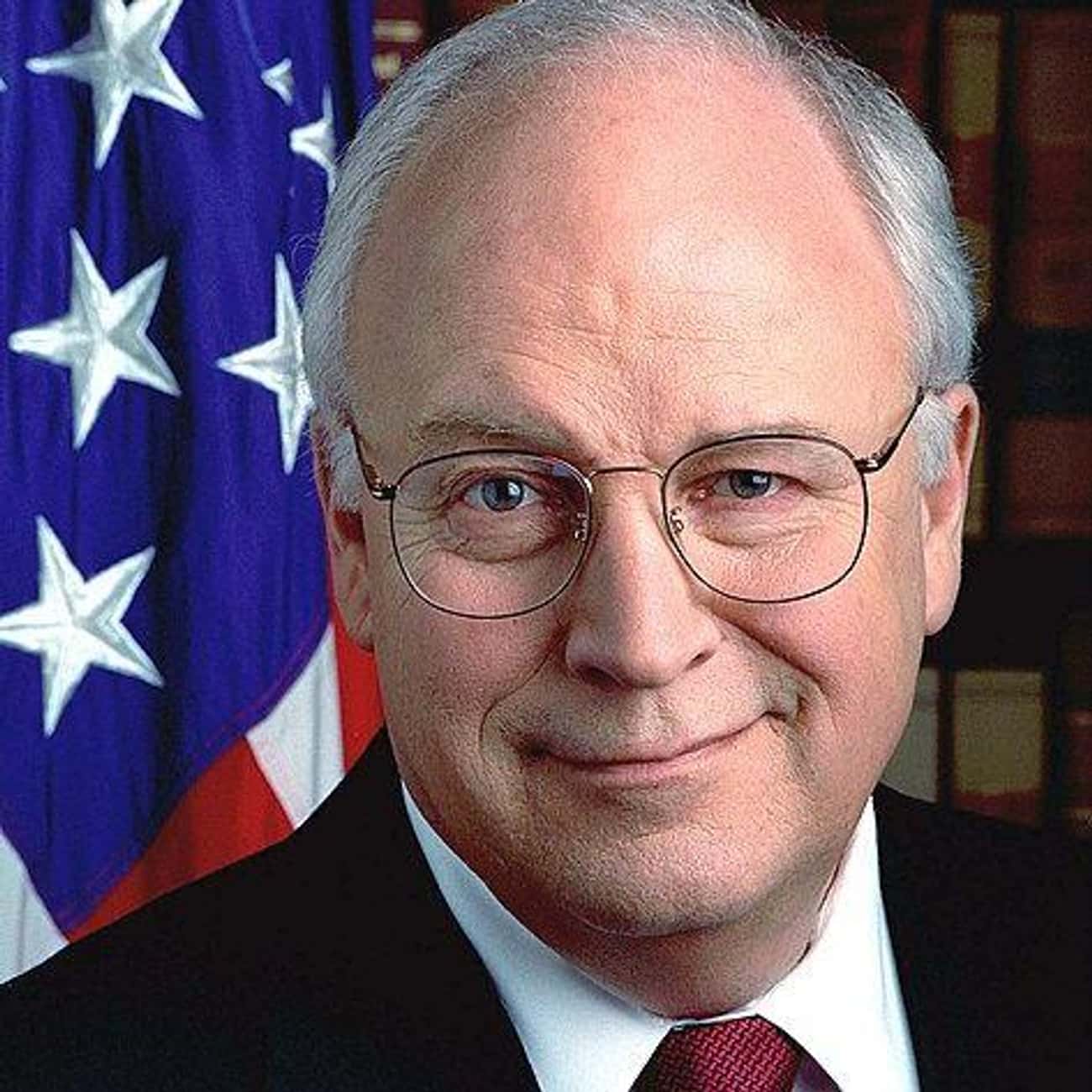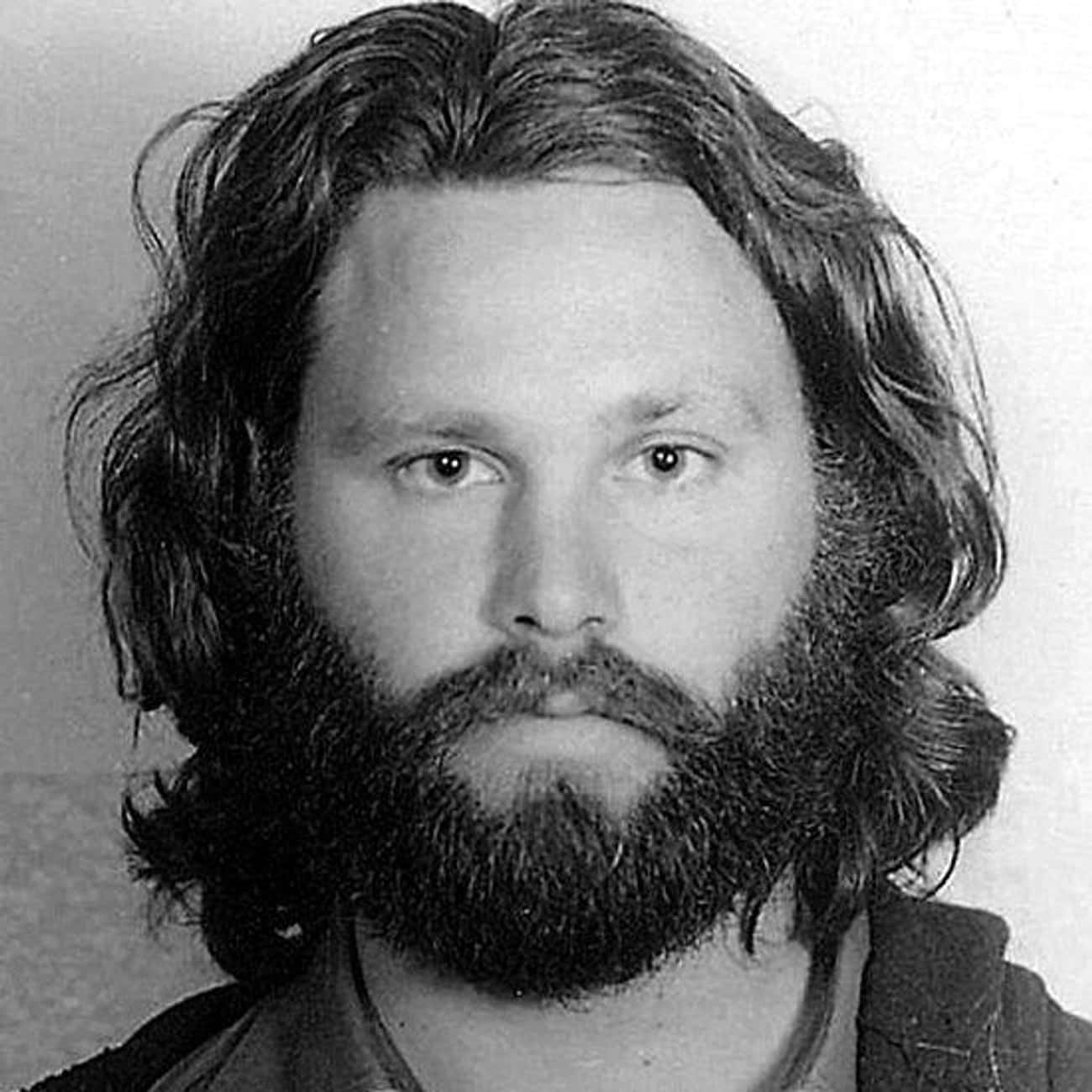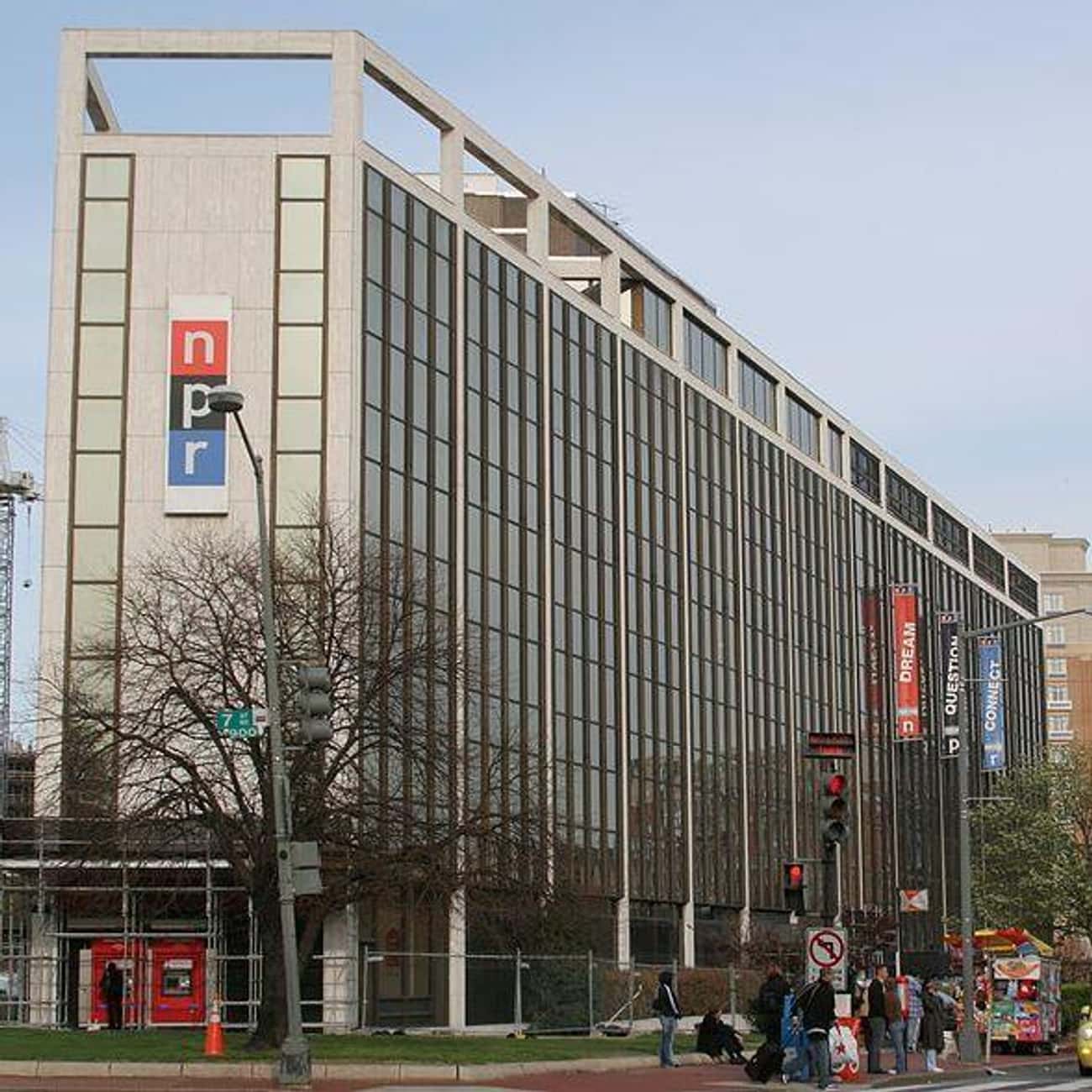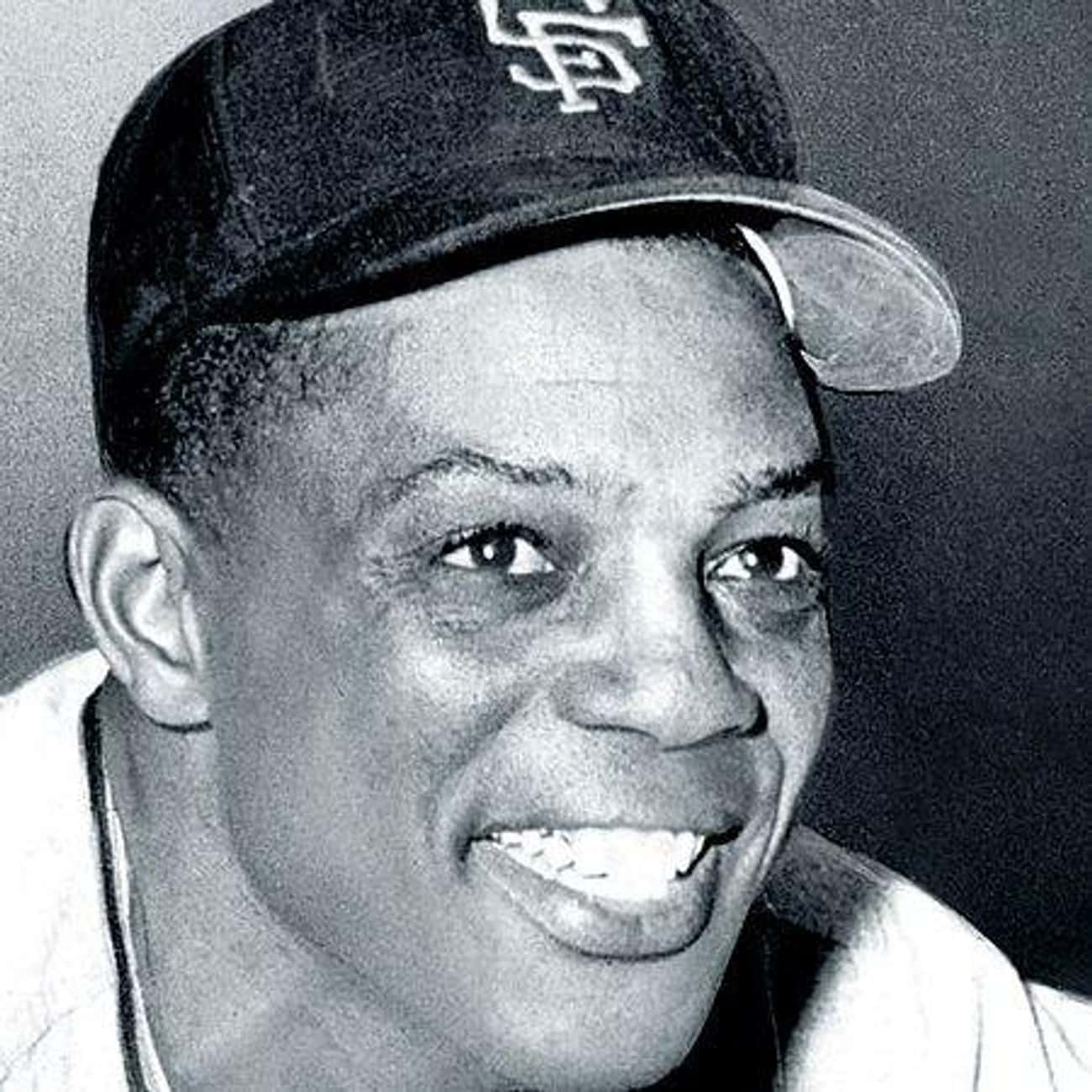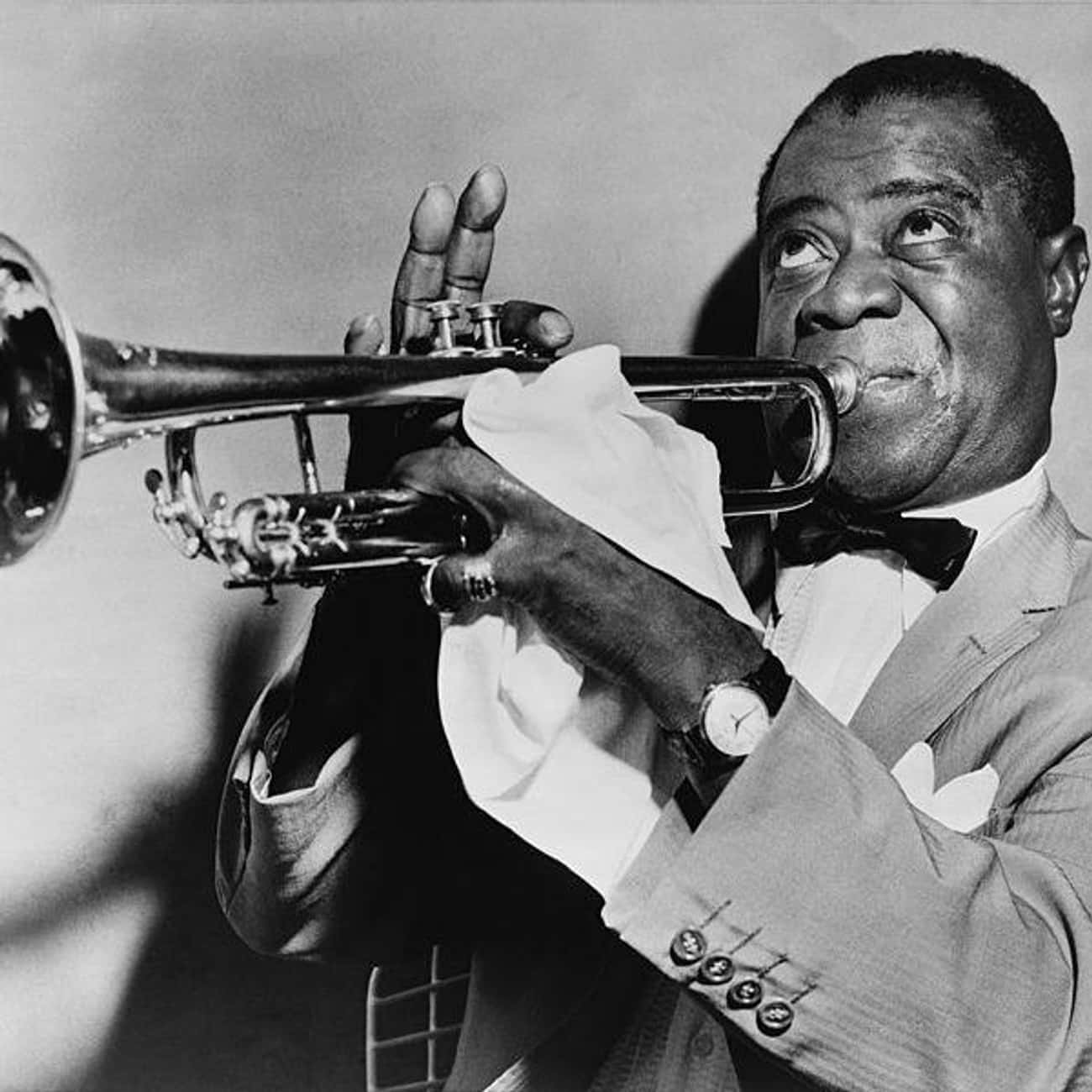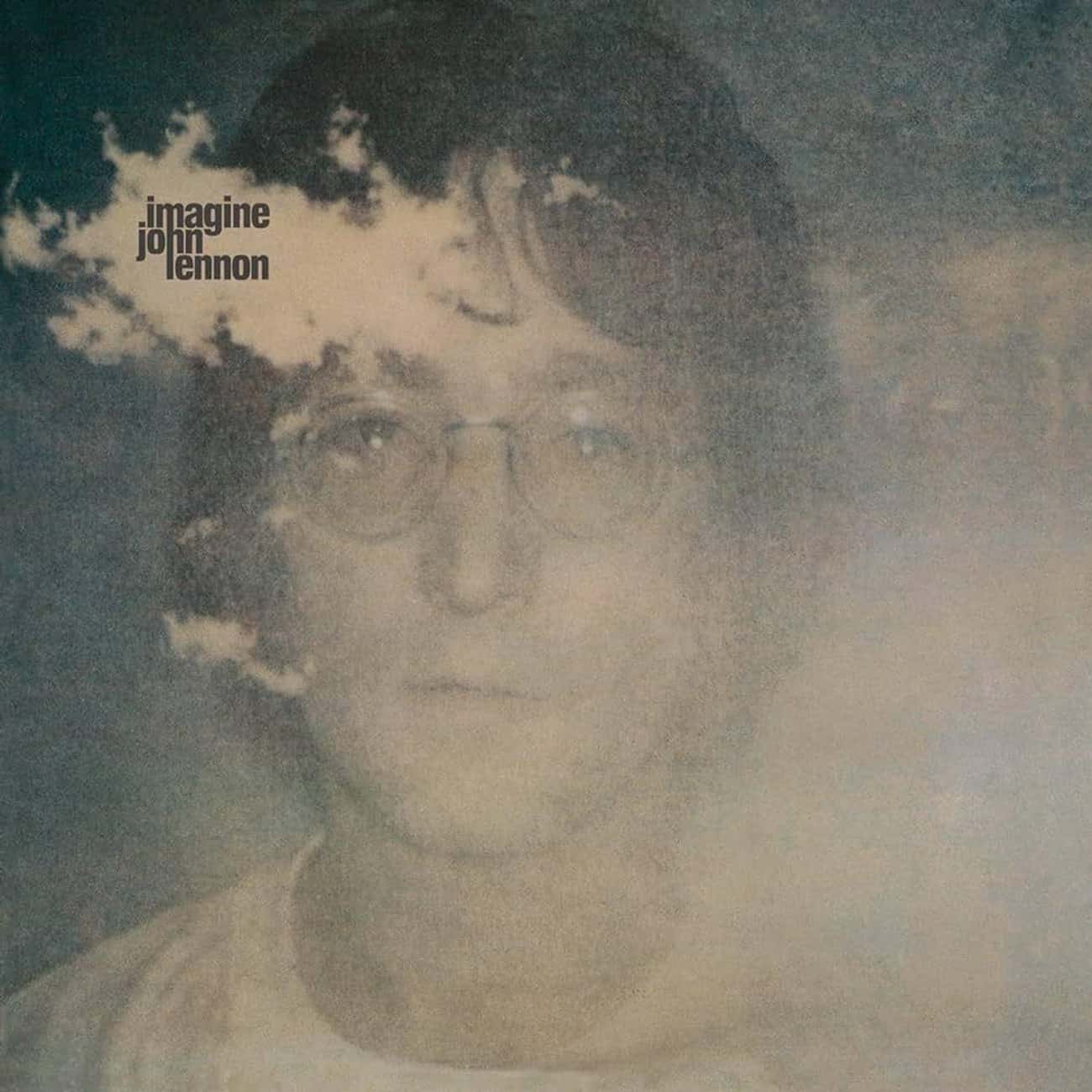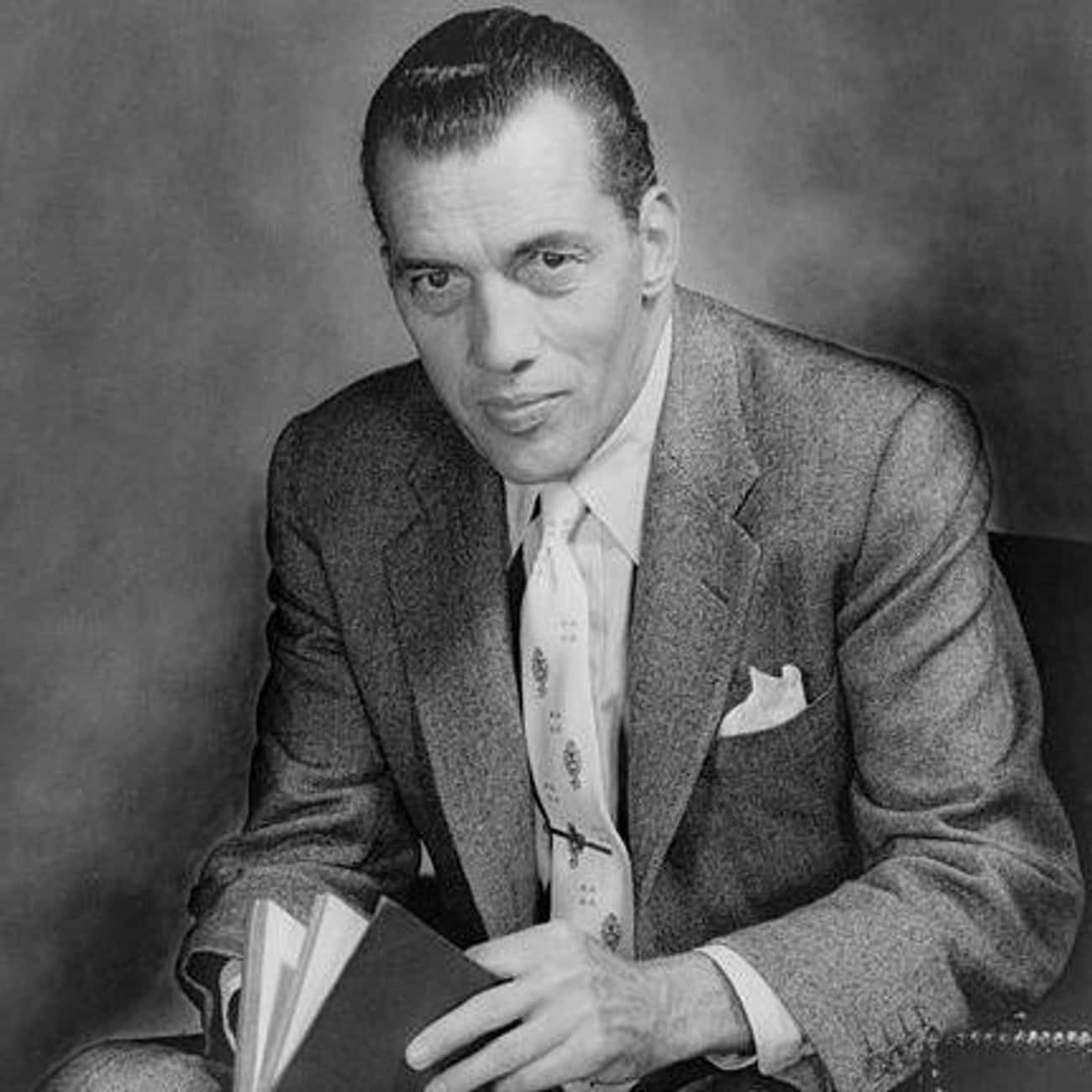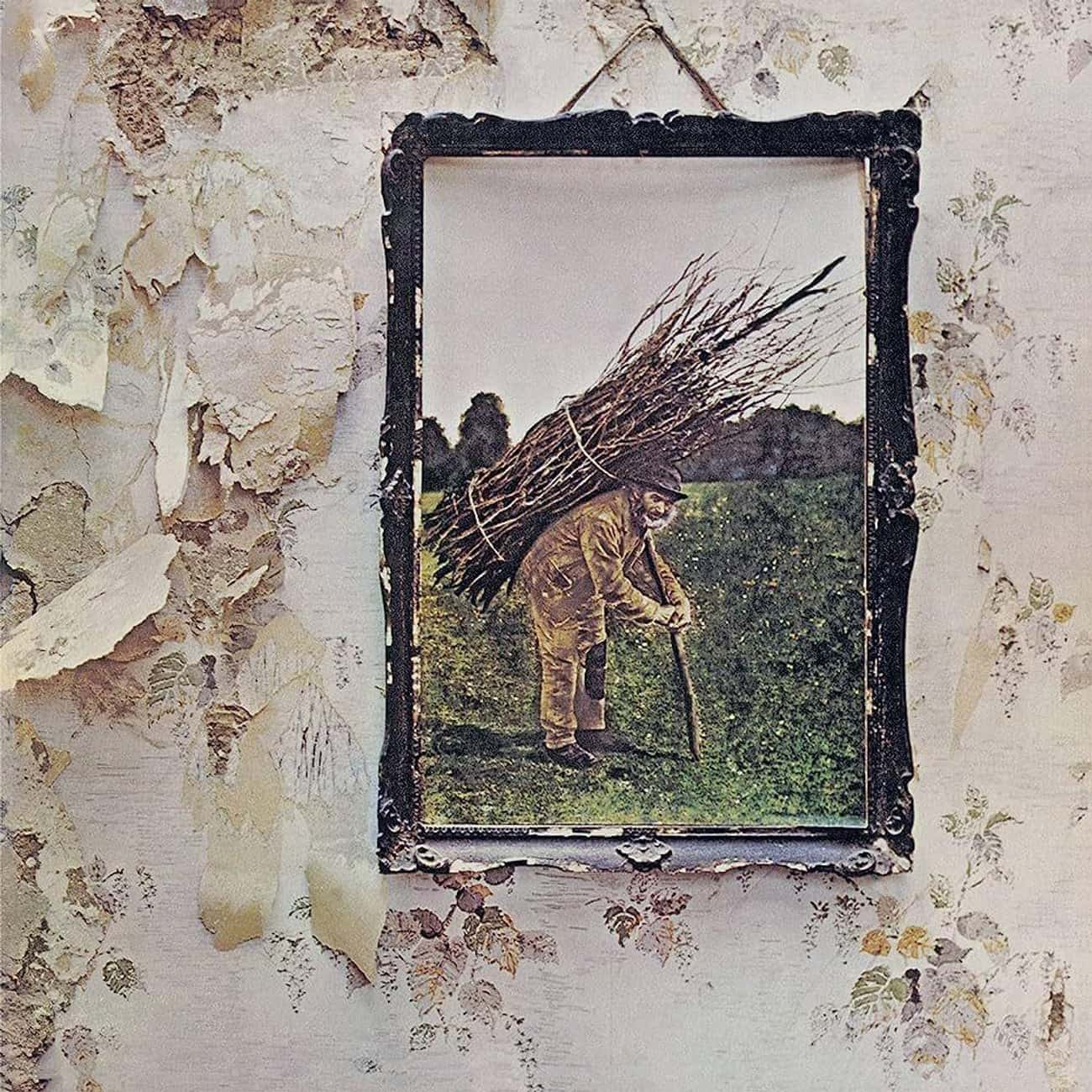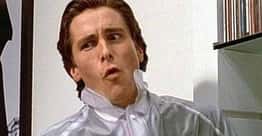What Happened In 1971
Copy link
January
Photo: California Department of Corrections and Rehabilitation / Wikimedia CommonsJanuary 1, 1971 - Cigarette Ad Ban
The ban on television and radio advertisements for cigarettes went into effect, as a result of a bill signed by President Nixon the previous year. This marked the end of an era where popular characters such as Fred Flintstone famously promoted tobacco products on screen and over the radio. The last televised cigarette ad in the United States aired during The Johnny Carson Show at 11:50 p.m.January 5, 1971 - Sonny Liston Dies
Former heavyweight boxing champion Sonny Liston was found dead in his home by his wife Geraldine in a shocking tragedy. Although his death was ruled an accidental overdose, there were signs of a potential struggle, and questions surrounding the true circumstances of his death remain unanswered.January 12, 1971 - All In the Family Premieres
The groundbreaking television show All In the Family made its debut, introducing viewers to the memorable characters of Archie Bunker and his family. This controversial sitcom tackled various social and political issues of the time, contributing to important conversations and challenging the status quo of television programming.January 25, 1971 - Charles Manson Convicted
Infamous criminal Charles Manson was convicted of his involvement in the Tate-LaBianca murders, a brutal series of crimes that left six people dead. Manson, along with his followers Susan Atkins, Patricia Krenwinkel, and Leslie Van Houten, were initially sentenced to death, but their sentences were later reduced to life imprisonment due to California's temporary ban on capital punishment.February
February 3, 1971 - Frank Serpico Shot
NYPD officer Frank Serpico was shot during a bust, and despite being severely wounded, his fellow officers refused to call for help. A random civilian eventually called the ambulance that saved Serpico's life. He had gained notoriety as a whistleblower exposing police corruption, leading to suspicions that his fellow officers attempted to retaliate against him.February 12, 1971 - J.C. Penney Dies
James Cash Penney, the founder of the department store chain J.C. Penney, passed away at the age of 95. He started the company in 1902 in Kemmerer, Wyoming, and remained actively involved with the business until his death.February 13, 1971 - Vice President Agnew’s Freak Golf Accident
Vice President Spiro Agnew inadvertently injured two people after hitting two consecutive tee shots into a crowd during a golf game. Agnew's playing partners included pro golfer Doug Sanders, screen legend Bob Hope, and baseball great Willie Mays. Though he managed to play the rest of the game without further incident, this event remains a notable and comedic moment in the history of presidential mishaps.February 11, 1971- Dick Cheney Shoots Man In Face
In a more recent incident of vice presidential accidents, Dick Cheney shot a 78-year-old lawyer in the face during a hunting trip. Fortunately, the injuries were not life-threatening, but the debate around the presence of alcohol during the incident remains unsettled.February 14, 1971 - Nixon’s Paranoia Heightens
President Nixon installed a secret taping system in the White House, capturing every conversation that took place within the Oval Office, his executive office, and his office at Camp David. This decision revealed Nixon's growing paranoia and ultimately led to the infamous Watergate scandal.March
Photo: Miami-Dade Police Department / Wikimedia CommonsMarch 11, 1971 - Jim Morrison Leaves U.S.
Jim Morrison, frontman of iconic rock band The Doors, departed the United States for the last time, relocating to Paris in an attempt to avoid a Miami jail sentence for indecent exposure.March 28, 1971 - The Ed Sullivan Show Ends
Ed Sullivan's influential television variety show aired its final episode, marking the end of an era. During its run, the show launched the careers of numerous entertainment legends, including Elvis, the Beatles, and Michael Jackson.April
Photo: Aude / Wikimedia CommonsApril 20, 1971 - National Public Radio Debuts
National Public Radio (NPR) aired its first broadcast, providing citizens with nonprofit news and educational programming. Created by the Public Broadcasting Act of 1967, NPR has continued to grow and develop, with its flagship newscast All Things Considered still airing to this day.May
May 1, 1971 - Billy Jack Premieres
The influential film Billy Jack made its debut, telling the story of a half-Navajo ex-Green Beret who fights for the rights of a Native American school. The movie became a symbol of defiance against injustice and resonated with audiences across the nation.May 21, 1971 - “What's Going On” Released
Marvin Gaye released his seminal album "What's Going On," which explored the perspective of a Vietnam War veteran returning to a country plagued by intolerance and injustice. This soulful concept album featured hit tracks such as "Mercy Mercy Me", "Inner City Blues", and "What’s Going On." Inspired in part by letters from Gaye's brother Frankie, the album is frequently hailed as one of the greatest and most important recordings in music history.May 30, 1971 - Willie Mays Sets Home Run Record
Baseball legend Willie Mays set the National League record for runs scored when he hit his 638th career home run as a member of the San Francisco Giants. Mays, who had turned 40 earlier in the month, began his career with the Giants in 1951.
May 31, 1971 - Grateful Dead Concert Trippy Concert
During a Grateful Dead concert, approximately 1,000 attendees consumed apple cider that had been unknowingly spiked with LSD, resulting in a wild and disorienting experience for fans. Around 30 concertgoers sought medical attention, but no serious injuries or hospitalizations occurred as a result of the incident.And now let's boogie on down to July 1971 when two of the most legendary performers in all of music tragically pass away, and the voting age in the United States is lowered.
July
July 3, 1971 - Jim Morrison Dies
At the age of 27, Jim Morrison passed away in Paris due to heart failure, although no autopsy was performed. His death added another member to the tragic "27 Club," consisting of musicians who died at the young age of 27.July 5, 1971 - Voting Age Lowered
President Nixon ratified the 26th Amendment, lowering the legal voting age from 21 to 18. This amendment was a response to criticism of the Vietnam War, as the average American serviceman was 19 years old. The slogan “Old enough to fight, old enough to vote” became popular among activists leading up to the amendment.July 6, 1971 - Louis Armstrong Dies
Music legend Louis Armstrong passed away at age 69 after a career spanning nearly fifty years. The jazz trumpeter's trademark gravelly singing voice remains one of the most recognized in the history of popular music, and his signature hit "What A Wonderful World" continues to be celebrated and enjoyed today.August
Photo: Pattymooney / Wikimedia CommonsAugust 23, 1971 - Shamu Dies
SeaWorld's flagship performer Shamu the killer whale passed away to the heartbreak of many around the world. Shamu was actually a name given to several different orcas over the years, however, the original Shamu was a female captured as a juvenile and sold to SeaWorld in 1966, but experienced a rapid and shocking decline in health in the months leading up to her death.September
Photo: AppleSeptember 9, 1971 - Attica Riot
Prisoners seized control of the maximum-security Attica Correctional Facility outside of Buffalo, New York, leading to over 1,200 inmates capturing an exercise yard and holding 39 guards and prison employees hostage for four days until Governor Nelson A. Rockefeller instructed state police to retake the prison by force. The resulting clash left 29 inmates and 10 hostages dead, making it the deadliest prison riot in American history.September 9, 1971 - John Lennon Releases “Imagine”
Former Beatle John Lennon released his album “Imagine," which became a critical and commercial hit, earning the number one spot on the Billboard charts and selling over two million copies. The title track remains Lennon's best-selling song as a solo artist and is considered one of the most celebrated pop songs of the past half-century.September 11, 1971 - Khrushchev Dies
Soviet premier Nikita Khrushchev passed away after a controversial and confounding life as a leader. As the leader of the Soviet Union during the first decade of the Cold War, Khrushchev attempted to adopt a policy of peaceful coexistence with the United States, which was not well-received in his home country. Khrushchev was forced to resign in 1964 after the embarrassment of the Cuban Missile Crisis and spent the rest of his life in disgrace and isolation.September 15, 1971 - Columbo Premieres
Columbo, a popular American television series starring Peter Falk as the eponymous detective, made its debut on this day. The show featured Falk solving crimes using his seemingly bumbling demeanor and uncanny ability to discern the truth from suspects. Columbo became an iconic and enduring character in television history.October
Photo: Library of Congress' / Wikimedia Commons / Public domainOctober 1, 1971 - Walt Disney World Opens
The second iteration of the happiest place on earth opened its doors as Walt Disney World admitted its first guest in Orlando, Florida. The resort originally opened with just the Magic Kingdom but has since expanded to cover nearly 25,000 acres of Florida swampland, including multiple parks and attractions.October 2, 1971 - Soul Train Premieres
Soul Train, a groundbreaking music and dance show, premiered on this day, showcasing African-American artists and performers. The show was created and produced by Don Cornelius and launched the careers of numerous musicians and dancers thanks to Soul Train's distinctive style and format which had a lasting impact on television and popular culture.October 7, 1971 - The French Connection Premieres
The French Connection, a gritty crime thriller directed by William Friedkin, premiered on this day. The film starred Gene Hackman as a tough New York City cop and was based on the true story of two detectives who broke up an international drug smuggling ring. The French Connection went on to win five Academy Awards, including Best Picture, Best Director, and Best Actor for Hackman.October 12, 1971 - Jesus Christ Superstar Opens
Andrew Lloyd Webber and Tim Rice's famous musical Jesus Christ Superstar debuted on Broadway to much acclaim and controversy. The musical is a loose retelling of the gospel as a tongue-in-cheek rock opera, which generated some controversy due to its treatment of religious themes. Despite initial difficulties securing funding, the show became a smash hit and held the record for the longest-running musical in London's West End until it was surpassed by Webber's 1981 musical Cats.October 12, 1971 - Tex Watson Convicted
Charles Manson's fourth co-conspirator, Tex Watson, was convicted of seven counts of first-degree homicide. Watson had been tried separately after fleeing to Texas and fighting extradition for several months following his arrest. He is currently serving a life sentence.October 13, 1971 - First World Series Night Game
The first-ever night game of the World Series was played between the Baltimore Orioles and the Pittsburgh Pirates at Pittsburgh's Three Rivers Stadium. Night games had been a standard practice in baseball for several decades, but the World Series had resisted the change due to tradition. The decision to hold a night game paid off, drawing an estimated 63 million viewers, the largest audience ever for a nighttime sporting event.October 29, 1971 - Duane Allman Dies
Duane Allman, guitarist of The Allman Brothers Band, tragically died in a motorcycle crash in Macon, Georgia. As a talented musician, Allman played an integral role in the band's early success. His untimely death marked a significant loss for both the band and the broader music community.November
Photo: Rolling Stones MobileNovember 5, 1971 - Lakers' Historic Streak
The Los Angeles Lakers began their historic 33-game winning streak, which remains both a league record and the longest undefeated streak in American professional sports. Led by NBA greats Wilt Chamberlain and Jerry West, the team went on an epic two-month tear, solidifying their place in basketball history.November 6, 1971 - Cher's First #1 Hit
Pop icon Cher scored her first solo hit when "Gypsys, Tramps & Thieves" reached number one on the Billboard charts. Though Cher has expressed some reservations about the song, it was an undeniable success that helped to revive her career as a solo artist. The single sold over one million copies in the U.S., earning it a gold certification and making it the best-selling single in MCA Records' history at the time.November 8, 1971 - Led Zeppelin IV Released
British rock group Led Zeppelin released their fourth untitled album (often referred to as "Led Zeppelin IV"), featuring the iconic song "Stairway to Heaven." This album became the band's highest-selling record and solidified their place in rock music history, and "Stairway to Heaven" remains one of the most famous classic rock songs of all time.November 11, 1971 - Fear and Loathing in Las Vegas Published
Counterculture icon and gonzo journalist Hunter S. Thompson published the first part of his signature work, Fear and Loathing in Las Vegas, in Rolling Stone magazine. The serialized novel follows Thompson on a drug-fueled trip while covering a race for Sports Illustrated, blending fact and fiction in a chaotic examination of the fading hippie movement of the 1960s.November 24, 1971 - DB Cooper Plane Hijacking
The notorious hijacking of Northwest Orient Airlines Flight 305 by a man calling himself DB Cooper took place to the horror of those around the world. Cooper demanded and received $200,000 in ransom money before parachuting from the aircraft mid-flight and disappearing without a trace. The case remains one of the most enduring mysteries in American criminal history.December
December 2, 1971 - First Mars Landing
The Soviet space probe Mars 3 became the first spacecraft to soft-land on the surface of Mars. Mars 3 touched down during a massive dust storm and failed shortly into the mission, but the orbiter continued to circle the planet, transmitting data and images back to Earth for the next eight months.December 10, 1971 - Frank Zappa Attacked
Musician Frank Zappa was attacked by a deranged fan during a performance at London's Rainbow Theatre. The fan shoved Zappa off the stage, causing serious injuries that left him confined to a wheelchair for over a year. Zappa later recounted the incident in his 1989 autobiography, The Real Frank Zappa Book.December 10, 1971 - Lucasfilm Founded
Filmmaker George Lucas founded his production company, Lucasfilm, in San Rafael, California. Initially a small operation, Lucasfilm would go on to create some of the most successful and beloved film franchises in history, such as the Star Wars franchise and the Indiana Jones franchise. In 2012, Lucas sold Lucasfilm to the Walt Disney Company for a staggering four billion dollars.December 19, 1971 - A Clockwork Orange Released
A Clockwork Orange, a controversial and provocative film directed by Stanley Kubrick, was released. The film, based on the novel by Anthony Burgess, follows a young man named Alex who engages in violent acts and eventually undergoes a radical form of aversion therapy. A Clockwork Orange challenged audiences with its graphic content and examination of free will, becoming a lasting cultural touchstone.


